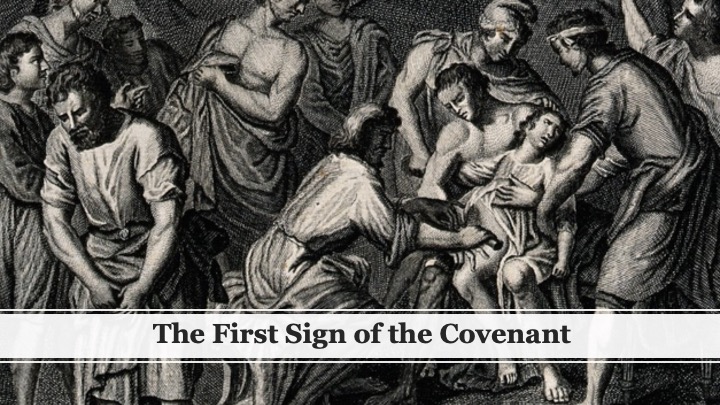In Daniel 2, King Nebuchadnezzar's troubling dream prompts him to summon Babylon's wise men, demanding not just the dream's interpretation but its content—setting an impossible task. These wise men, encompassing magicians, enchanters, sorcerers, and Chaldeans, each held specific roles within Babylonian society, from dream interpretation and divination to astrology. Their failure to satisfy the king's demands underlines the limitations of human wisdom and power. Contrarily, Daniel and his friends, relying on divine wisdom, stand out by not only revealing the dream but also interpreting it, thereby demonstrating God's sovereignty over human affairs. This story highlights several key lessons: the importance of seeking God first in times of uncertainty, the peace found in trusting God's sovereignty, and the revelation of mysteries through divine intervention, rather than human expertise. It encourages us to face challenges with faith, reminding us of the power of prayer and God's involvement in our lives, offering a profound contrast between divine wisdom and human limitations.

Demons and demonic activity have become cool. But Jesus didn’t think so. As we find in the Gospels, Jesus spent a good amount of...

The covenant between God and Abraham in Genesis 17 marked a turning point in biblical history, introducing a divine agreement that would shape the...

In 3 John, John the apostle writes with his usual strong emphasis on truth to a much-loved brother in Christ, Gaius, who lives near...